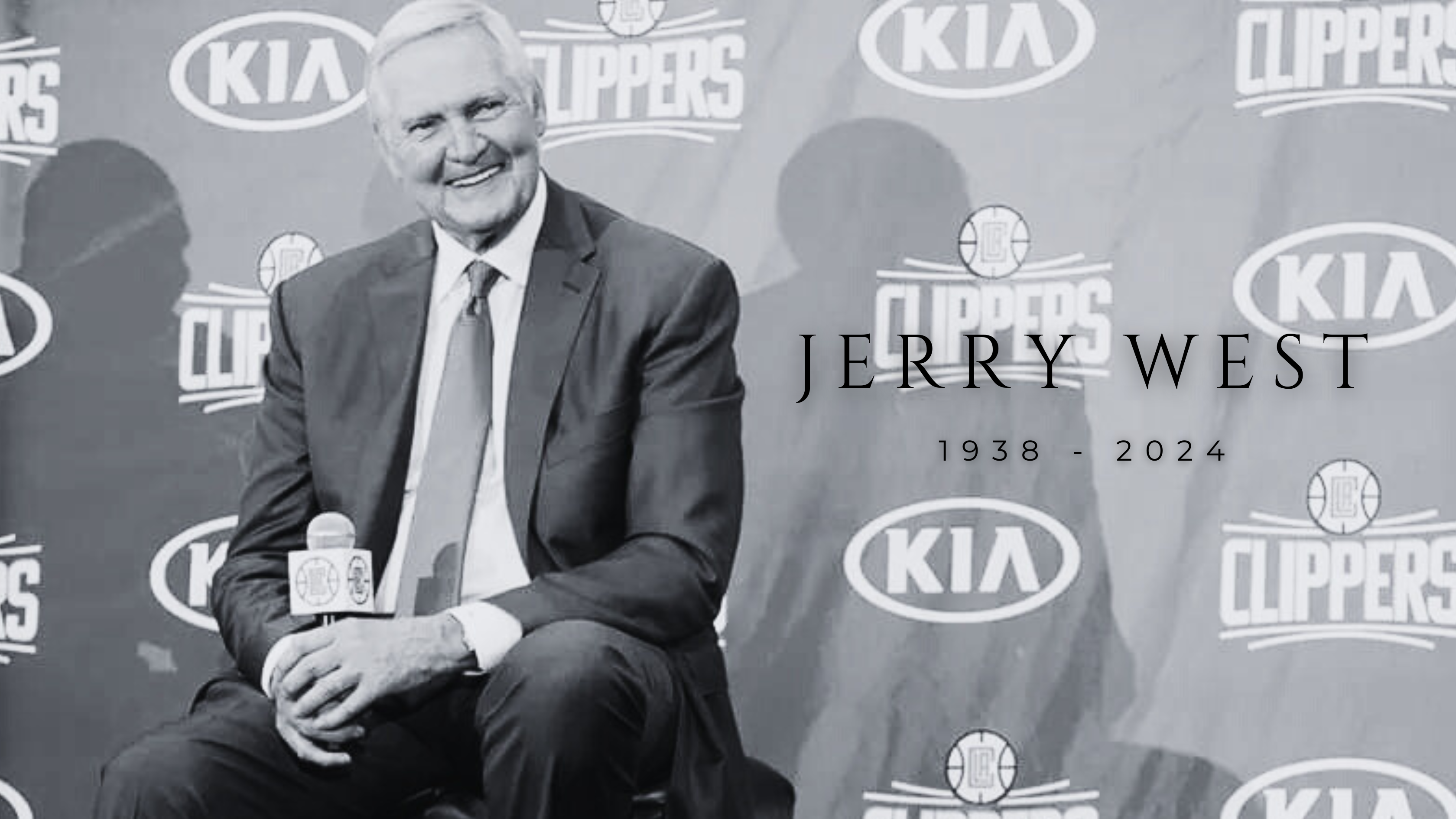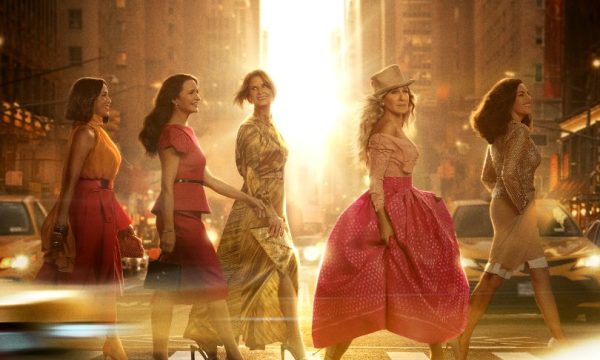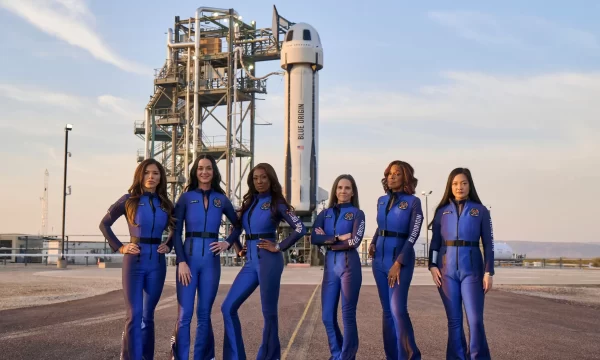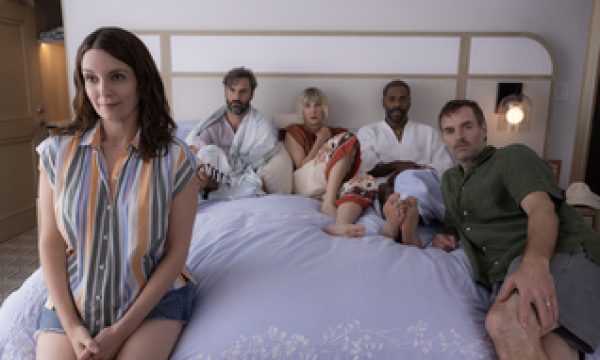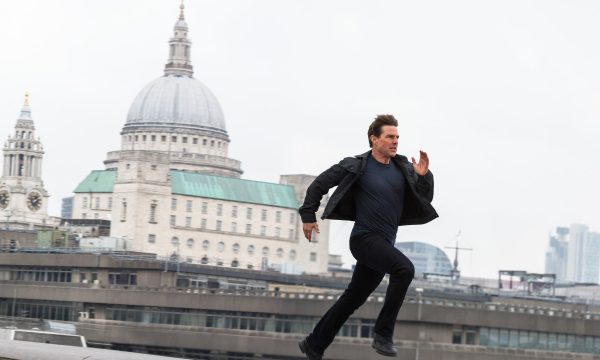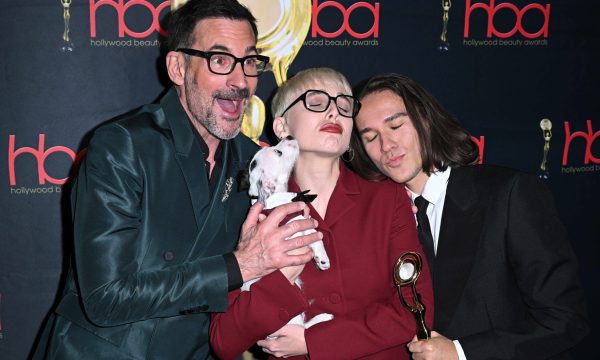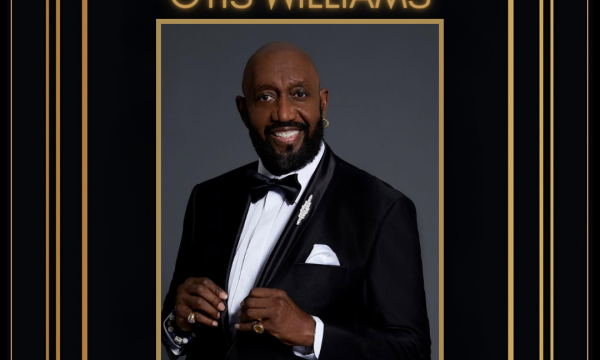Jerry West was more than just a Basketball Hall of Fame player — he embodied the NBA, literally, when he was the inspiration for the silhouette that became the league’s logo. West spent his entire playing career with the Los Angeles Lakers. He was a champion with them in 1972, won the NBA Finals MVP despite not winning the title in 1969 and was a 14-time All-Star. On Wednesday, the Los Angeles Clippers announced West — who had turned into a legendary front office executive in his post-playing career — had died. He was 86. “Jerry West, the personification of basketball excellence and a friend to all who knew him, passed away peacefully this morning at the age of 86,” the team said. “His wife, Karen, was by his side.”
West wrapped up his playing career averaging 27 points, 6.7 assists and 5.8 rebounds per game. Among retired players, only Michael Jordan, Wilt Chamberlain and Elgin Baylor had higher averages. West averaged 29.1 points per game in the playoffs — only Jordan had a higher average. He retired following the 1973-74 season and became the head coach of the Lakers two years later. He was 145-101 in his coaching career but never won a title behind the bench.
West moved to the scouting department in 1979 and then became general manager of the team at the start of the 1982-83 season. He was credited with building the Showtime-era Lakers of Magic Johnson, Kareem Abdul-Jabbar and James Worthy, with head coach Pat Riley roaming the sidelines.
Jerry West also made the deals that created the Shaquille O’Neal – Kobe Bryant championship era. Leonard Armato worked closely with West around the clock when he represented Shaquille O’Neal on the complicated transaction that brought Shaq and Kobe Bryant to the Lakers. On the night West and Armato finalized Shaq’s deal to come to the Lakers, they were in his room on the 36th floor at the Hyatt Regency Hotel in Atlanta at 1 A.M. It was during the Olympic Games in 1996 and Shaq was on Team USA. He had promised West that Shaq would come by the room at 10 P.M. that evening to sign his Lakers contract. But Shaq was running late from a team meeting.
West had traded away nearly the entire Lakers roster in order to make cap for Shaq, including George Lynch, the team’s starting forward, and Vlade Divac, the starting center. So with Shaq three hours late to sign the deal, West was a wreck. He looked at Armato nervously and said, “Leonard, if Shaquille doesn’t come through that door sometime soon, I’m gonna jump out this window.” He looked serious.
Moments later, Shaq walked through the door with a big smile on his face and said: “Mr. West, I’m ready to sign.” The relief on West’s face was unmistakable. He looked like a kid who just got his favorite toy for Christmas. Jerry West was a master at identifying talent. He knew Bryant would be the next great player before anyone did. In fact, when he traded away many of his top players to make cap room for Shaq, West masterfully secured the 17th pick in the first round of the NBA draft that year. And with that pick he selected Bryant. That’s how the Shaq-Kobe duo came about.
During his 14-year playing career with the Los Angeles Lakers, West became synonymous with brilliant basketball. He was the third player in league history to reach 25,000 points (after Wilt Chamberlain and Oscar Robertson). He was an All-Star every year of his career and led Los Angeles to the NBA Finals nine times. He left the game holding records for career postseason scoring and the highest average in a playoff series.
West’s statistical record only begins to tell his story. When the chips were down, West, with his lightning-quick release, was the guy the Lakers turned to for the big basket. Many players have been tagged with the nickname “Mr. Clutch,” but none of them lived up to it as well as West did. He was responsible for perhaps the most famous buzzer-beater of all time: a 60-foot swish that tied Game 3 of the 1970 NBA Finals against the New York Knicks.
West was motivated by a relentless drive to succeed. Years after a game in which he hit 16 of 17 shots from the field, sank all 12 free throw attempts, and notched 12 rebounds, 12 assists and 10 blocked shots, West told the National Sports Daily, “Defensively, from a team standpoint, I didn’t feel I played very well. Very rarely was I satisfied with how I played.” This obsessive quest for perfection was a constant during West’s playing years, and it continued in his later roles as coach and general manager of the Lakers and in similar front-office roles he held with the Memphis Grizzlies, Golden State Warriors and LA Clippers.
West will be remembered as perhaps the player who helped put the NBA on the map. His legacy on the basketball court and in the front office will be remembered forever.


